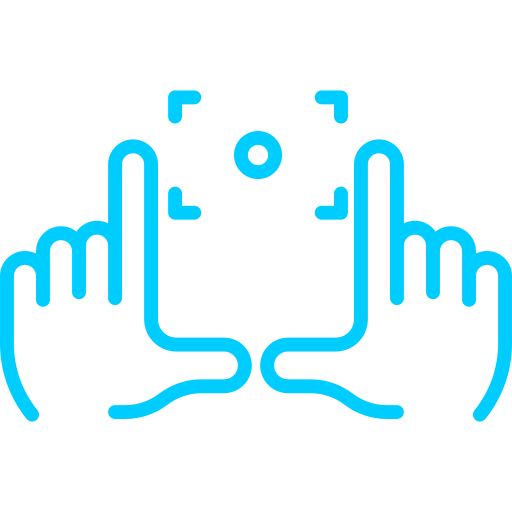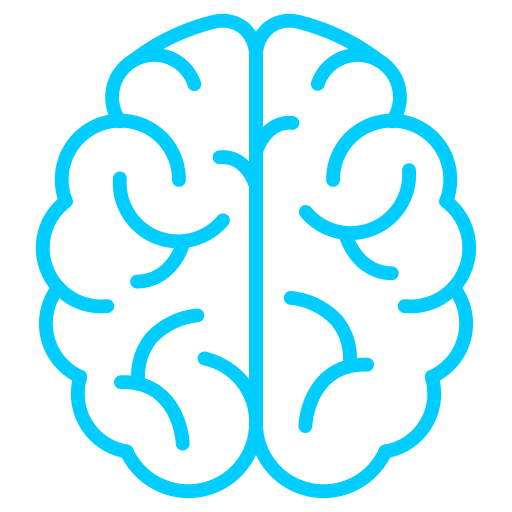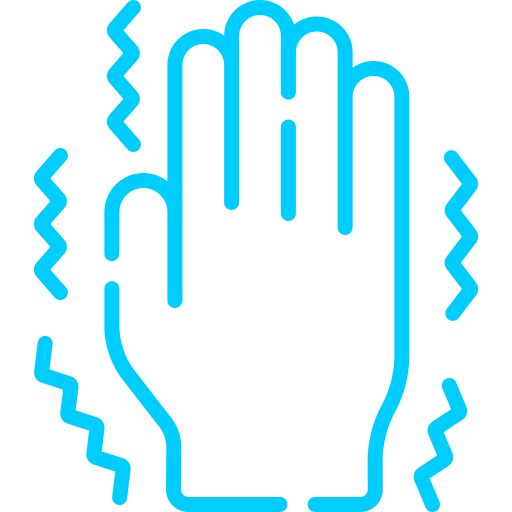DIAGNOSIS TECHNOLOGY
Robots are making advances in many areas of healthcare and medicine, and the most popular vision is that of surgical robots. However, AURA is focused in diagnostic tools.
DISEASE AND DISORDER DIAGNOSIS
AURA’s OSCANN is a diagnosis platform for neurological disorders based on the analysis of eye movements, which are a complex output of the Nervous System (NS). Data acquired through instrumental eye movement examination and other clinical data can be analysed by new data mining and artificial intelligence techniques to increase our ability to discriminate precisely between different neurological diseases.






